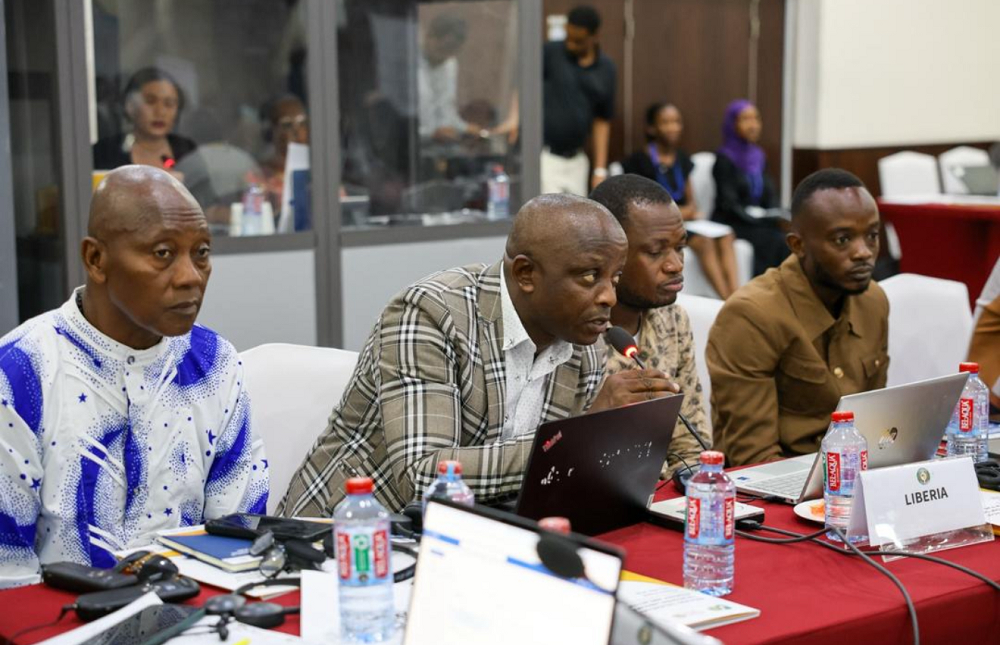The Economic Community of West African States (ECOWAS) has taken a major step forward in regional integration by launching its Labour Migration Strategy and Action Plan (2025–2035). The plan, unveiled at a workshop in Accra on 13 May 2025, aims to make labour migration safer, more regular, and supportive of human rights across West Africa.
Ghana’s Minister for Labour, Dr. Abdul-Rashid Hassan Pelpuo, officially opened the event. He called the new strategy a timely and necessary shift from fragmented national policies to a unified regional approach. Ghana pledged to continue leading efforts in inclusive labour governance.
Albert Siaw-Boateng, Director of Free Movement of Persons and Migration at the ECOWAS Commission, represented the Commissioner for Human Development and Social Affairs. He urged all partners to work together to make labour migration a key tool for regional growth and development, in line with ECOWAS Vision 2050.
Speaking for the UN and technical partners, Fatou Diallo Ndiaye, Chief of Mission for IOM Ghana, Benin, and Togo, highlighted the importance of improving data systems and protections for migrant workers. She also stressed the need for strong national policies that align with the regional plan.
Representatives from the African Union and the International Labour Organization (ILO), including Adaeze Emily Molokwu and Guite Diop, praised ECOWAS’s leadership. They encouraged member states to ensure the strategy is implemented through national laws and practical action.
Joseph Akpan from Nigeria’s Ministry of Labour, who chaired the meeting, said the strategy must be realistic, targeted, and have real results. He emphasized that all stakeholders share the responsibility for making the plan work.
The validation workshop brought together more than 50 experts, including government officials, social partners, and development agencies. They carefully reviewed the five key pillars of the strategy, agreed on expected results, and validated the final plan. This followed a virtual pre-validation session held earlier in May.
In the lead-up to the workshop, ECOWAS officials visited top partners in Ghana, including the Ministry of Labour and the IOM Office, to show their strong political will and teamwork.
Supported by the Joint Labour Migration Programme (JLMP), Sida, and the Swiss Agency for Development and Cooperation (SDC), the strategy supports ECOWAS Vision 2050 and builds on the Protocol on Free Movement of Persons. It also aligns with celebrations marking ECOWAS’s 50th anniversary.
The strategy is expected to impact millions of West African workers by improving legal migration routes, matching job seekers with employers, and expanding social protections. Special attention is given to young people, women, and the recognition of qualifications—ensuring migration offers new opportunities, not more risks.
In the long run, ECOWAS’s new Labour Migration Strategy could reshape how West Africa manages migration. It promotes inclusive governance, better coordination across ministries, and active dialogue with civil society. With this bold 10-year plan, ECOWAS aims to be not just a champion of free movement—but a true engine for jobs, dignity, and shared progress across the region.

